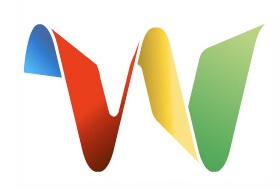 Do you still remember Google Wave? Google Wave was launched 6 months back, and people who got invitation to try it out, waved bye bye to it, for Wave being not user friendly. Now Google Wave is now openly available to everyone, without having to wait for an invitation.
Do you still remember Google Wave? Google Wave was launched 6 months back, and people who got invitation to try it out, waved bye bye to it, for Wave being not user friendly. Now Google Wave is now openly available to everyone, without having to wait for an invitation.
Google has announced that the one doesn’t require a Google wave invitation to access the service as it can be used straight from the homepage. Google says that, if you tried Google Wave out a while ago, and found it not quite ready for your real use, now is a good time to come back for a second try.
According to Google, Wave is much faster and much more stable and eazier to use than the preview. You can now get email notifications when waves change, easily navigate to unread parts of a wave, and remove participants added by mistake. Wave now have permission management options and an extensions gallery. Along with the Wave updates, Google announced several improvements to the Wave APIs and open sourcing additional components for developers building their own Wave services.
[advt]
Read more at Wave Blog:
Education: University students and professors worldwide have used waves within and beyond the classroom to collaborate on Latin poetry translations, write academic research papers and even build new functionality with Wave’s APIs. An ICT teacher also enjoyed having her 5th-graders do their class research in Wave.
Creative collaboration: From virtual art classes to writing the Complete Guide to Google Wave itself, waves make it easier for groups to review and critique multimedia content like images and videos. (We’ve heard that Wave is fun for gaming, too.)
Organizations and conferences: The Debatewise Global Youth panel explored climate change across 100 countries and waves at eComm (Emerging Communication Conference), LCA 2010 conference and HASTAC 2010 helped track speaking sessions. We are using waves in the same manner at today’s Google I/O conference.
Journalism: Mashable used Wave to interview journalists on the future of journalism, and The Seattle Times experimented with a public Wave to develop their Pulitzer Prize-winning news coverage.


Be the first to comment